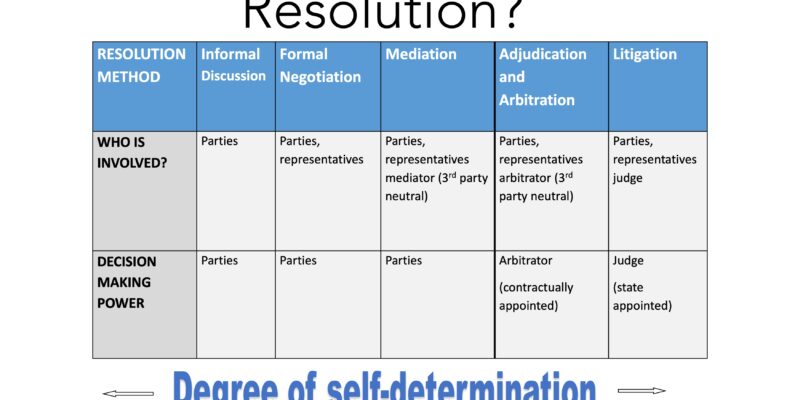Too clever by half?
“Humanity has outsmarted itself. With its ingenuity, this tribal ape has created a world its tribalism can’t manage. We know this…But the knowledge is not enough.” So began Martin Wolf in a recent article in the Financial Times following a meeting of the finance ministers of the G20 – one of the institutions created to improve…

